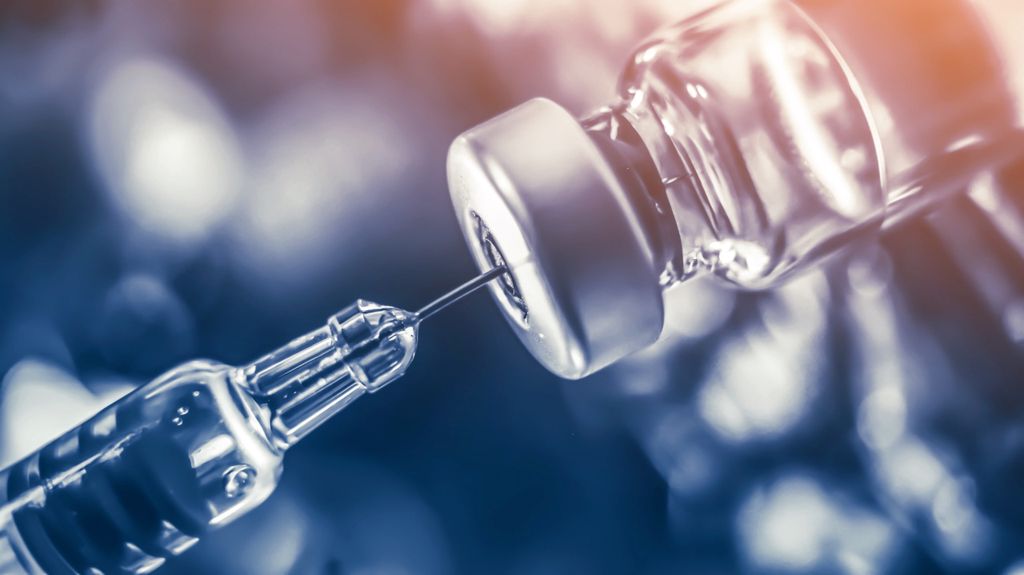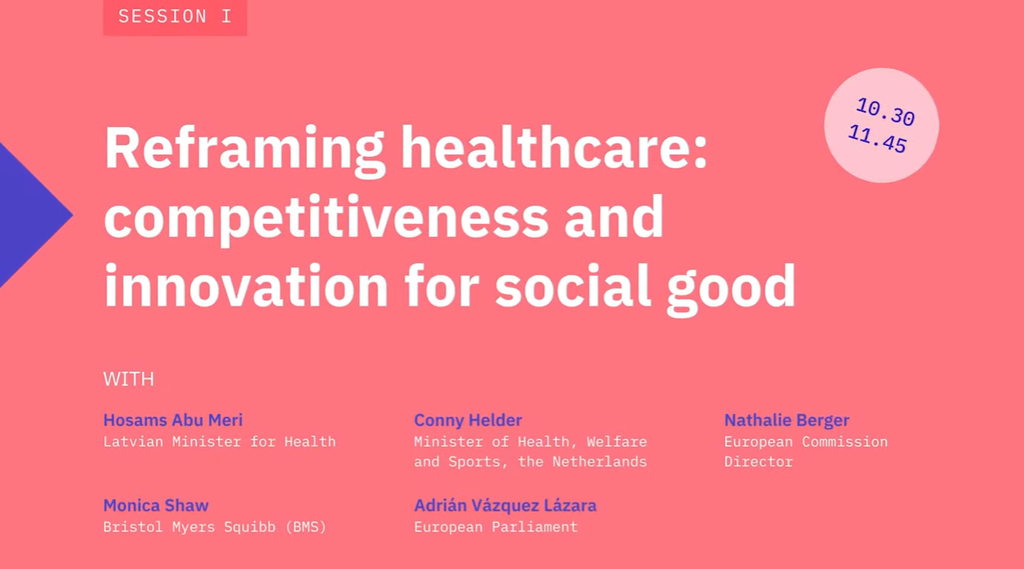Europe's moment: advancing clinical research and health innovation
Next event In person & online

- Area of Expertise
- Sustainable Livelihoods
Sustainable Livelihoods

As this year’s World Exhibition in Milan draws to a close, we can say with confidence that it has been a success. The challenge now is to secure its legacy. It is time to think about how we, as the European Union, can draw on the many fruitful and rewarding discussions we have had with a wide range of communities: with young people, academia, farmers, NGOs, business partners from across Europe and the world on the theme “Feeding the planet Energy for Life”. For this edition of the Expo, the EU’s objective was to go beyond traditional communication activities, to provide an opportunity for a global debate contributing to how science and innovation can help the EU play its role in ensuring safe, nutritious, sufficient and sustainable food across the world.
To fulfil this objective, in March 2014 a high-level EU Scientific Steering Committee was established, chaired by former Commissioner for Agriculture Franz Fischler and involving eleven top EU experts in the field of food security and nutrition. The main task of the Committee was to advise the EU in the preparation of its Scientific Programme for EXPO. The Committee provided valuable scientific and knowledge-based analysis and advice on research and innovation options to address the global challenge of food and nutrition security. In April 2015, Commissioner Tibor Navracsics, responsible for the Commission’s Joint Research Centre (JRC) as the co-ordinator of the EU’s participation in Expo, together with Franz Fischler presented a discussion paper, “The role of research in global food and nutrition security”, and launched a consultation giving the opportunity to all interested people and organisations to give their contribution to the debate. The discussion paper considers those areas where European research can add the most value and highlights priorities for research, development and innovation. It also addresses structural issues related to new knowledge, as well as the transfer of knowledge into operational use.
It is not difficult to recognise that the current food system is unsustainable
The result of this consultation and the outcome of more than 30 meetings and conferences that took place in the framework of the Scientific Programme of the EU participation in Expo, are four recommendations for a “European Research and Innovation Agenda for Global Food and Nutrition Security”, which will be the EU’s contribution to the legacy of Expo 2015. The recommendations focus on improved awareness-raising via greater participation and people empowerment, increased inter-disciplinarily research, streamlining of funding for innovation and moving towards an International Panel on Food and Nutrition Security (IPFN).
These recommendations come in a crucial moment. The Sustainable Development Goals have just been adopted by the UN in New York, the Paris Climate talks are to be held in December and the initial discussions of the next reform of the Common Agricultural Policy will begin early next year. I believe that this edition of Expo has shown that there is an appetite for change in the way we address the different elements of our food system. If we consider the increasing environmental concerns, growing competition for land and water and our changing dietary patterns, it is not difficult to recognise that the current food system is unsustainable. Expo 2015 confirmed once again the need for a holistic approach and helped make the first steps towards opening the debate and breaking down silos that exist between different economic sectors and stakeholder communities.
With its high food safety and quality standards, its competitive food industry and its ambitious research and innovation projects, the EU will play a pivotal role in tackling food-related global challenges
I am confident that with its high food safety and quality standards, its competitive food industry, its ambitious research and innovation projects and its global efforts to achieve food and nutrition security, the EU will play a pivotal role in tackling food-related global challenges. In response to the EU EXPO Scientific Committee recommendations, the JRC is already reflecting on how to best use its knowledge and expertise to support the efforts of the EU and the international community towards ending hunger, achieving food security and improving nutrition through a dedicated and reinforced science-policy interface. The JRC could create a platform for gathering and collating knowledge from different players and networks that will provide access to tailor-made scientific evidence, allow greater policy coherence and facilitate better decision-making in Europe and worldwide.
A number of innovative solutions have come to light during this edition of EXPO, and the onus is now on each one of us to ensure that these are transformed into concrete and sustainable actions.
Next event In person & online

Past event In person & livestreamed

Past event In person

Past event In person & livestreamed





Stay informed
We use cookies and similar technologies to adjust your preferences, analyze traffic and measure the effectiveness of our campaigns. Learn more about our privacy policy.